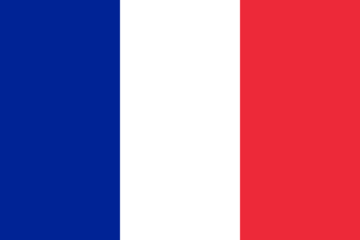Occitania
Province | County / Province
Occitania (/ˌɒksɪˈtæniə/ OK-si-TAN-ee-ə; French: Occitanie [ɔksitani]; Occitan: Occitània [utsiˈtanjɔ]; Catalan: Occitània [uksiˈtaniə]) is the southernmost administrative region of metropolitan France excluding Corsica, created on 1 January 2016 from the former regions of Languedoc-Roussillon and Midi-Pyrénées. The Council of State approved Occitania as the new name of the region on 28 September 2016, coming into effect on 30 September 2016.
The modern administrative region is named after the larger cultural and historical region of Occitania, which corresponds with the southern third of France. The region of Occitania as it is today covers a territory similar to that ruled by the Counts of Toulouse in the 12th and 13th centuries. The banner of arms of the Counts of Toulouse, known colloquially as the Occitan cross, is used by the modern region and is also a popular cultural symbol. In 2020, Occitania had a population of 5,973,969.
Subject ID: 161527
MoreOccitania (/ˌɒksɪˈtæniə/ OK-si-TAN-ee-ə; French: Occitanie [ɔksitani]; Occitan: Occitània [utsiˈtanjɔ]; Catalan: Occitània [uksiˈtaniə]) is the southernmost administrative region of metropolitan France excluding Corsica, created on 1 January 2016 from the former regions of Languedoc-Roussillon and Midi-Pyrénées. The Council of State approved Occitania as the new name of the region on 28 September 2016, coming into effect on 30 September 2016.
The modern administrative region is named after the larger cultural and historical region of Occitania, which corresponds with the southern third of France. The region of Occitania as it is today covers a territory similar to that ruled by the Counts of Toulouse in the 12th and 13th centuries. The banner of arms of the Counts of Toulouse, known colloquially as the Occitan cross, is used by the modern region and is also a popular cultural symbol. In 2020, Occitania had a population of 5,973,969.
Subject ID: 161527
Subject ID: 161527
